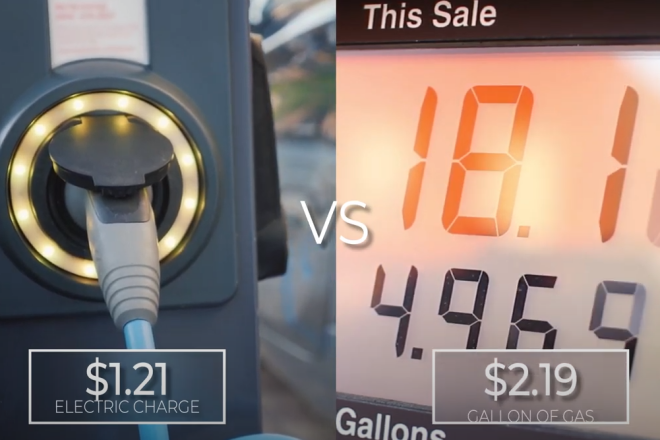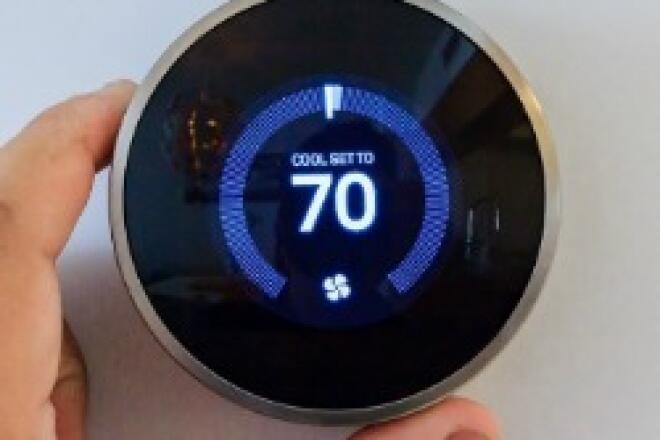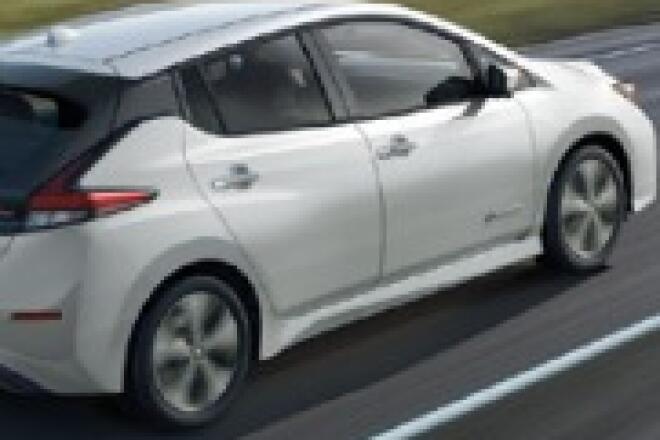
Three Things You Might Not Know About Electric Vehicles
Electric vehicles have been developing into a driving force in the automobile world for many years now as sales have grown exponentially since 2011 and show no signs of slowing down. However, despite the considerable increase in sales, many people are still uninformed on the reality of owning and operating an electric vehicle (EV) today.
With the many changes in technology and available models over the last several years, it’s worth taking a closer look at the state of EVs today. Here are three things that you might not know about electric vehicles:
1. Long distance travel is easier than ever before
In the early days of EVs, people were sometimes concerned that their cars would run out of battery power in the middle of nowhere. This phenomenon – called range anxiety – was often cited as the main reason that people did not want to purchase an EV.
But with the advancement of technology in the last several years, range anxiety is quickly becoming a thing of the past. The new battery technologies being developed today are rapidly improving the range of the EVs. For example, in 2017, there were at least five popular EV models available in the U.S. with full-charge ranges of over 120 miles. Even more, the 2018 Chevy Bolt boasts a battery range of nearly 250 miles!
Along with this, consumers often have concerns about the availability of public charging stations for their electric vehicles. While most EV owners do charge their vehicles at home through the night, there are thousands of public charging stations in the U.S. – and this number is growing rapidly each year.
According to the U.S. Department of Energy’s Alternative Fueling Station Locator, there are currently over 18,200 charging stations in the U.S. with over 51,000 outlets, and cities, electric utilities and companies plan to add thousands more across the U.S. in the years ahead.
2. Driving an EV really is better for the environment
Despite some misinformation out there about how environmentally friendly EVs really are, it is true that they’re much better for the environment – even when operated in an area where the majority of electricity is produced by fossil fuels.
In fact, the U.S. Department of Energy determined that, on average, 11,435 pounds of emissions annually are associated with operating a gasoline-powered car and 4,455 pounds of emissions are associated with operating an EV. This is about 2.5 times fewer emissions coming from the EVs than conventional gas-powered cars.
Because of this serious reduction in emissions, the air that we breathe can be cleaner, especially in our growing urban areas where population density and economic activity often causes the air quality to be worse.
Plus, the environmental benefits of EVs will only continue to improve as more EVs are powered with renewable energy resources, such as wind, solar and hydro, which are some of the fastest-growing sources of electricity in the U.S.
In fact, EV drivers can already be carbon free, despite the carbon footprint of the grid electricity that is available to them, if they take advantage of rooftop solar and community solar options.
3. Options for buying EVs are constantly expanding
With Elon Musk constantly making headlines, it’s no surprise that Tesla is the most recognizable brand of electric vehicles in the United States today. But did you know that the Tesla Model S has been credited as the best-selling EV in the United States? Along with the Nissan LEAF and the Chevy Volt, these all-electric luxury vehicles accounted for more than 50 percent of EV sales in 2015 and 2016.
However, a multitude of new EV models are entering the market today – and will continue to do so in the years ahead. For example, Volvo announced that all of their new vehicles will have an electric motor option by the year 2019, and the Swedish automaker says they are aiming to have 50 percent of their vehicles to be fully electric by 2025.
Other manufacturers, such as Mitsubishi, Land Rover, Hyundai, Jaguar and Kia, will be introducing electric models in 2018 or 2019. In addition, Porsche plans to release an electric sports car in 2019 that they will call Mission E. Ford – the company known for gas-powered SUVs, trucks and sports cars – even announced that it’s investing $11 billion into electric vehicle at this year’s Detroit Auto Show.
If you haven’t been paying attention to the progress of electric vehicles in the past few years, it’s worth taking another look. EVs are a much more efficient investment and cheaper to maintain and operate than gasoline-powered vehicles, and they have many capabilities that will likely make them the top vehicle option of the future. Plus, as more and more EV models become available, there will be an electric car to fit everyone’s needs and budget.
Still looking for more information about electric vehicles? Check out our in-depth electric vehicle guidebook for consumers here.



